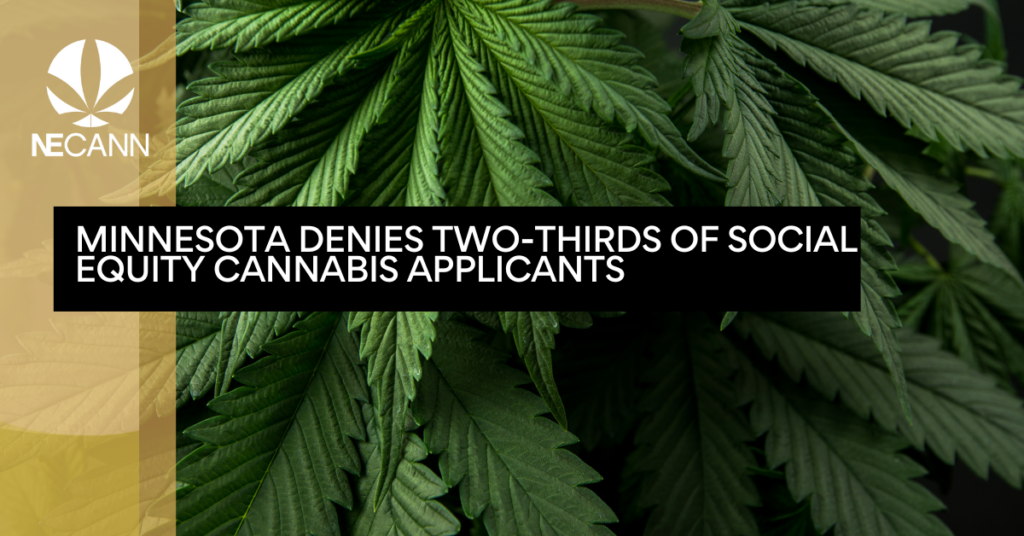In a recent development, Minnesota’s Office of Cannabis Management (OCM) has denied two-thirds of social equity cannabis license applicants due to inadequate documentation. According to a MinnPost report, this decision affects approximately 1,200 out of the 1,817 applicants. The OCM cited concerns over “zone flooders,” predatory applicants, and individuals who failed to meet ownership requirements as reasons for the rejections.
This setback highlights ongoing challenges in the state’s push for equity in the cannabis industry. The state had previously verified 2,307 individuals as social equity-qualified, with most applicants being military veterans or individuals with past cannabis-related convictions. Despite the high number of rejections, about 640 applicants are still set to be included in the upcoming license lottery scheduled for the week of December 2.
Charlene Briner, interim director of the Office of Cannabis Management, addressed the rejections in an interview with MinnPost, emphasizing that the state had provided clear guidance to applicants ahead of time. “While the disappointment is understandable, the basic proxy for readiness is your ability to submit a successful application,” Briner said. She highlighted that the state had issued how-to guides and explained the requirements for the licenses.
Briner further clarified that the state’s goal was to ensure the lottery only included fully qualified applicants. “We want to make sure the right universe of fully qualified and vetted applicants are in the mix,” she explained. Applicants selected for the lottery will be notified by the OCM.
The large number of denials has sparked criticism from some legal representatives. Attorney Jen Randolph Reise, who represents several of the rejected applicants, argued that the OCM’s decision was a significant error. She stated that the agency should allow applicants to challenge and reverse denials made in error, even though state law currently prohibits appeals of decisions regarding pre-approval lottery access.
This situation has highlighted some of the complexities and frustrations that applicants face in navigating the state’s cannabis regulatory system.
While a substantial portion of the applicants were rejected, the state did not receive enough qualified applications for certain license types, such as cannabis wholesalers, transporters, and testing facilities, to trigger a lottery. However, the most applications were submitted for cultivation, manufacturing, and retail licenses. The upcoming lottery will focus on these sectors, with 640 qualified social equity applicants expected to be included.
As the state prepares for the lottery, all eyes are on how Minnesota will proceed with its social equity cannabis program, especially in light of the recent denials and ongoing debates about fairness and transparency.
Stay informed on the latest developments in the cannabis industry by subscribing today.



